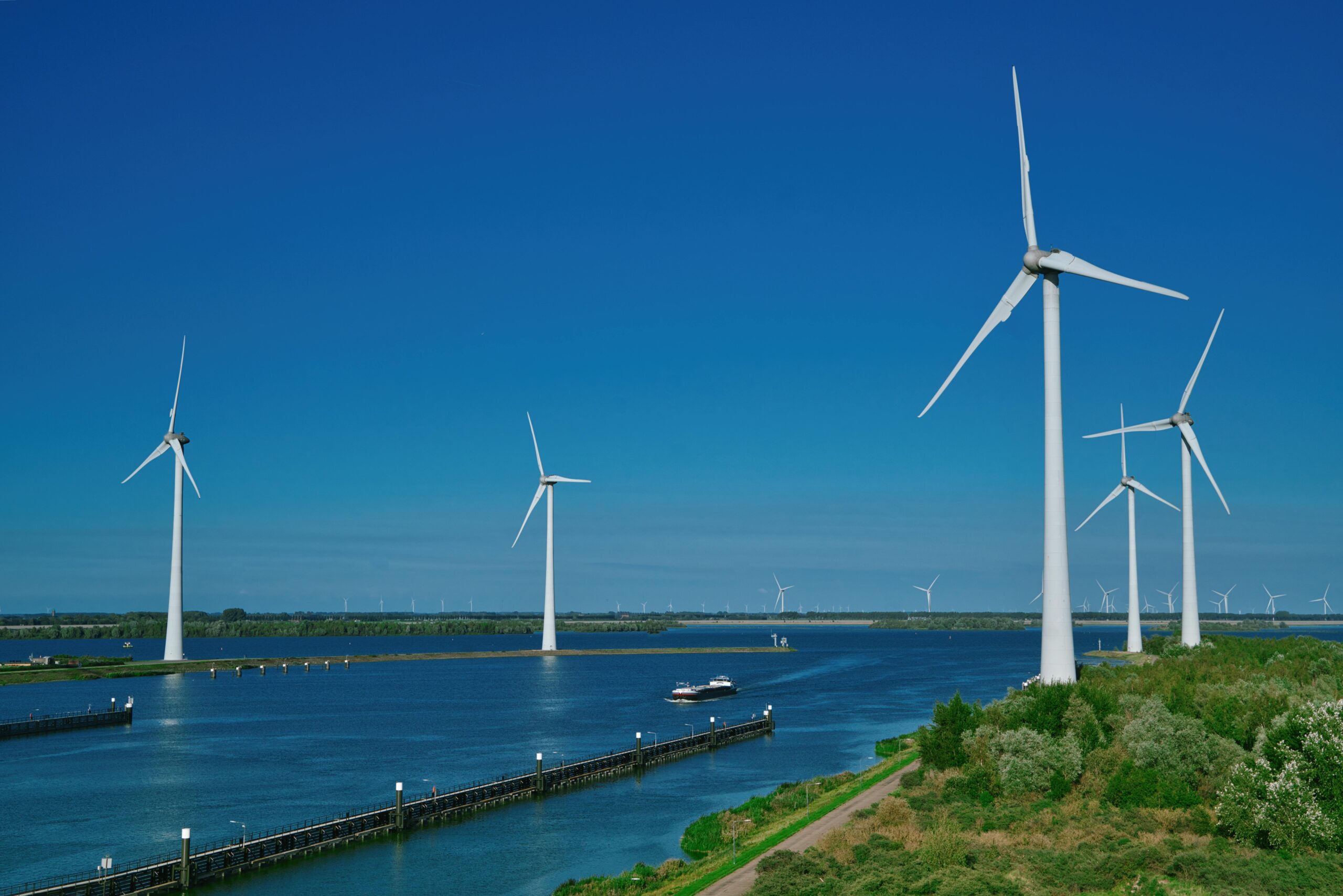ANNAPOLIS, Md. – Maryland wants to expand its use of renewable energy by encouraging local projects like wind turbines.
But one company’s plan to build windmills in waters off the coast is running into trouble this session in the General Assembly, where lawmakers worry about giving their economic support to a project that isn’t exactly local.
The proposed project would be built off the coast of Virginia Beach – close by, but technically outside Maryland waters.
One lawmaker wants to help the company building it, Avangrid Renewables, by making a wording change in a Maryland law that defines who is eligible to sell energy credits to the state. Her bill would expand the current law to let Maryland buy and sell energy credits from a company whose planned wind turbines are closer to the shores of Virginia and North Carolina.
The measure is “a crucial step towards removing obstacles to offshore wind development in Maryland,” said Sen. Mary Washington, D-Baltimore City, who is sponsoring the measure. “This bill has the potential to expedite the state’s transition to renewable energy.”
But when the General Assembly bought into a set of ambitious renewable energy goals last year, they did so partly because advocates had convinced them they would be beneficial to the local economy. Sen. Malcolm Augustine, D-Prince George’s, argues that those local economic benefits would not materialize for Marylanders if the wind farms were built in other states.
“We want to have the power, of course – we want to have the renewable energy,” Augustine told Capital News Service. “But we also want to have that economic benefit that’s associated with the development… stay here.”
The bill follows last year’s POWER Act, which established Maryland’s goal of procuring 8.5 gigawatts of offshore wind by 2031, dramatically increasing the state’s previous goal.
Renewable energy generators like Avangrid said this bill could help the state meet its goal by supporting the construction of more than one local offshore wind project on the PJM grid, a power grid that connects several states, including Pennsylvania, New Jersey, and Maryland. Maryland’s pledge of support as a future energy credit buyer would help advance any project.
“This lease area that we’re talking about is gigantic,” said Ken Kimmell, Avangrid’s vice president of development for offshore wind. “So it’s quite possible that the lease area could support a project for Maryland and also a project for Virginia.”
Both states would benefit environmentally and economically, Kimmell said. There are proposed “marshaling ports” in Baltimore where the wind turbine’s parts would be staged for installation, he said. In addition, the use of union laborers at these ports would benefit Maryland, Kimmell added.
Other lawmakers are not yet convinced. Some are worried about the negative impacts of offshore wind in general and have concerns about the costs of expanding these initiatives.
Ocean City residents have voiced concerns about offshore wind’s impact on the tourism industry, said Sen. Mary Beth Carozza, R-Somerset, Worcester and Wicomico. She has raised concerns about the potential impact on military training and exercises in the area, as well as fishing and marine life.
“There was an expert that testified at the congressional hearing in Ocean City that talked about the impact of the noise on the whales . . . whether it’s the drilling of the turbines or whether it’s the sound from the turbines themselves that would cause harm to the whales and other marine life,” she said. “You also have then whether the project even makes sense from a cost perspective.”
Augustine is also concerned that it doesn’t make sense. “How in the world does something landing in North Carolina benefit Maryland?” he asked in the bill hearing last week.
Lawmakers are open to other legislation this session that would propel the state further toward its renewable energy goals.
But legislators still aren’t big fans of this particular effort. And with time running out before a crucial session deadline, the bill may stall for now.

